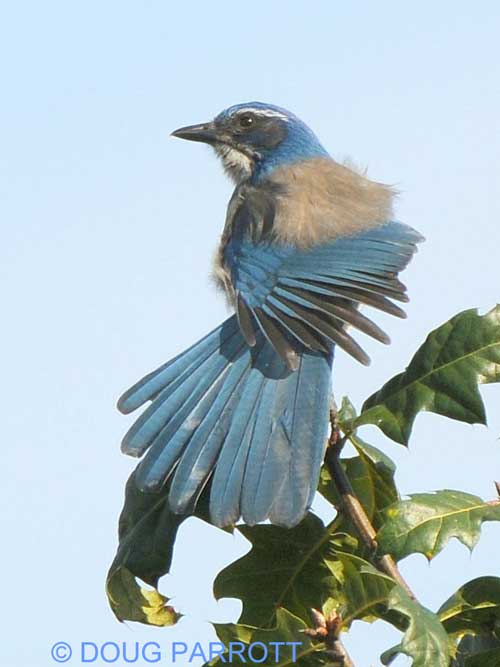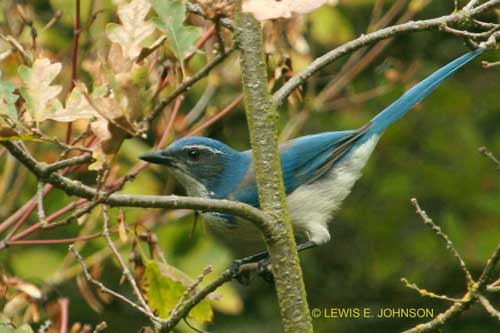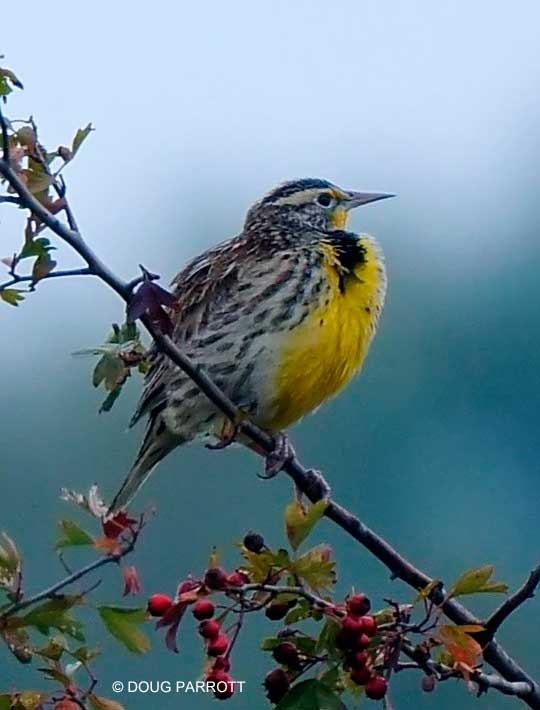Last week I was somnambulating at a meeting of the Friends of Yesler Swamp. Not that the meeting or the speakers were boring, mind you. On the contrary, the speakers were substantial people who knew what they were talking about, and they were talking about an issue I am very interested in: the future of Yesler Swamp, the easternmost part of the Fill.
But the afternoon was warm and sunny — one of the last remnants of the summer we should have had back in June or July but never did. The windows of the conference room were open, the air was balmy, and the voices started to fall into a rhythm akin to white noise. My eyes glassed over, and I found my mind drifting into a dream state, a kind of waking sleep similar to what fish, who have no eyelids and thus must always look glassy-eyed, experience. The last time I can remember falling into this state was in high school calculus class, a class I had to drop eventually due to complete lack of mathematical brain cells. My last thought, as I drifted off, was, “I hope no one calls on me.”
Suddenly, a cobalt blue shape streaked by the window, calling its creaky gate-hinge call. “That’s a scrub-jay,” I yelled, levitating out of my seat and waving my arms like a semaphore. 
Western Scrub-Jays are a kind of blue jay originally from California. Ever since the 1970s, they have been expanding their range northward. I saw my first Western Scrub-Jay at the Fill two years ago, a bird that showed up in the company of our resident Steller’s Jays, hung around for a couple of days, and then disappeared. The bird I saw at my meeting was only the second one I’ve ever seen here. I tell you this so you will see I was justifiably thrilled when another one flew across the CUH yard like a glorious blue comet. Thrilled, not nuts.
Everyone else began to look wildly around for the source of my excitement. One woman, as I recall, even looked under the chairs at the floor — I guess all she heard me say clearly was the word “scrub.” Of course, the bird itself had long disappeared.
“IT’S ALL RIGHT,” trumpeted a professor on the committee. “It’s all right,” he repeated more calmly. “She’s a birder.”
Everyone, including me, sat down again. The meeting resumed. I tried to look normal. A few minutes later, when a Northern Flicker flew by and attached itself to a wooden beam only a few feet away from the window, I didn’t say a word. I had had enough attention for one day.


